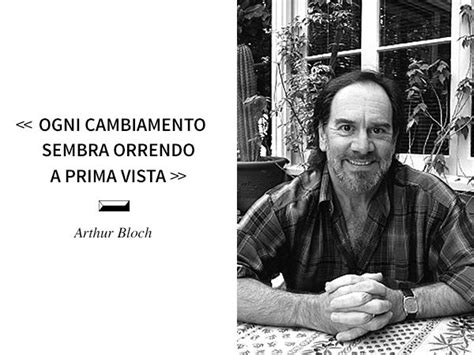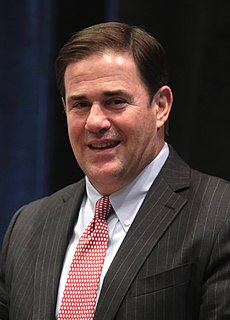A Quote by Vilayanur S. Ramachandran
One of the first things we teach medical students is to listen to the patient by taking a careful medical history. Ninety percent of the time, you can arrive at an uncannily accurate diagnosis by paying close attention, using physical examination and sophisticated lab test to confirm your hunch (and to increase the bill to the insurance company).
Quote Topics
Accurate
Arrive
Attention
Bill
Careful
Close
Company
Confirm
Diagnosis
Examination
First
First Thing
First Things
History
Hunch
Increase
Insurance
Lab
Listen
Medical
Medical History
Ninety
Ninety Percent
Patient
Paying
Percent
Physical
Sophisticated
Students
Taking
Teach
Test
The First Thing
Things
Time
Using
Your
Related Quotes
When you pay a hospital bill, you're really paying two hospital bills - one bill for you because you have a job and/or insurance and can pay the hospital. and another bill, which is tacked onto your bill, to cover the medical expenses of someone who doesn't have a job and/or insurance and can't pay the hospital.
One of the biggest reasons for higher medical costs is that somebody else is paying those costs, whether an insurance company or the government. What is the politicians' answer? To have more costs paid by insurance companies and the government. ... [H]aving someone else pay for medical care virtually guarantees that a lot more of it will be used. Nothing would lower costs more than having each patient pay those costs. And nothing is less likely to happen.
I tell [medical students] that they are the luckiest persons on earth to be in medical school, and to forget all this worry about H.M.O.'s and keep your eye on helping the patient. It's the best time ever to be a doctor because you can heal and treat conditions that were untreatable even a couple of years ago.
Health insurance, which is exceedingly difficult to secure as an individual in New York. Obamacare, while certainly better than nothing, is pretty awful, and if you have a complicated health history, as I do, you need premium insurance, which means private insurance. The challenge, though, is finding a company that will give you the privilege of paying up to $1,400 a month for it. When I didn't have a job, I spent more time thinking about insurance - not just paying for it, but securing it in the first place - than I wanted to.
A lot of the medical imagery has to do with my own biography. I had open heart surgery, I had knee replacements, I had a hiatal hernia, etc. Every time you go for surgery, you get a whole spectrum of imaging. Of course, I've been doing research in imaging technology across the board for close to twenty years. When you think about it, medical imaging is actually quite new. The first major medical image was the x-ray in 1895. That was the first time you got imaging of anything that's in the bodily interior.
Pregnancy takes a huge physical toll on your body. I have many friends who have had babies and many of them require medical help and attention, emergency Cesarean sections and forceps. If you think that people just have a kid and it's no big deal, that's not true. It's one of the most dangerous things for a woman to do. If you take away access to accessible medical women in America, you're going to bump up the death rate.





































